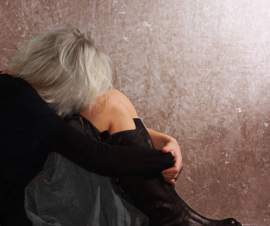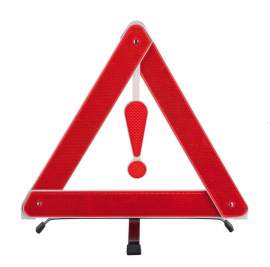
What are the Societal Effects of Prostitution

Prostitution strongly affect communities. Some argue that prostitution affects the community by contributing to the objectification of women. Men who participate in buying a prostitute view women as mere sex objects and not human beings. This terrible attitude towards women accounts for the high incidence of violence and murder perpetrated against prostitutes. This antisocial macho persona is typically defined by the all-too common illegal urban occupation of the pimp.
The pimp does not respect the agency of his female employees. He is only interested in the money they can produce for him. Since he provides "protection" for his prostitutes, the pimp feels that the power dynamic in the employee and employer relationship is skewed in his favor. He then mercilessly wields his power with physically, sexually, and emotionally abusive methods to "discipline" what he believes to be bad behavior on part of the prostitute.
The relationship between a pimp and his prostitution is an unsavory form of power abuse whose disproportionate authority is strengthened by the illegal nature of their respective roles in society. The life of a prostitute is a not a comfortable one.
The street poses many dangers to a prostitute as prostitutes are also subject to violence from their clients who feel empowered by the fact that prostitutes are considered part of the lower echelons of society. Unfortunately, due to the illegality of prostitution and the vicious perpetual cycle of poverty and abuse, the public tends to be indifferent and apathetic towards the welfare of prostitutes.
The entire life of the average prostitute can be summed up in two words: alienation and exploitation. Many prostitutes have felt dis-empowered and alienated from society and their parents all their lives. Many prostitutes are the project of abusive homes which they runaway from and are not legally qualified to work in any legitimate industry.They ultimately resort to prostitution as a means of getting by.
This history of abuse increases the likelihood of substance abuse and this fortifies a person's role in society as a prostitute. Pimps take advantage of the prostitute's situation and exploit them for most of their money. There is no such thing as union organizing for prostitutes as their would be serious violence in retribution for their "insubordinate" behavior. The prostitution industry is ultimate expression of the free market without the rule of law when the power is determined by the use of force against the weakest and most vulnerable members of society.
Society has basically given up on eliminating prostitution. Therefore, in most major cities around the world, there are neighborhoods where prostitution is concentrated. Society drives prostitution into one part of town where prostitution can go "unseen" during the hours of the night.
These neighborhoods were typically laden with existing street crime and poverty before the introduction of prostitution. It is a bad part of town. The most famous of these urban districts is Amsterdam's Red Light District. In fact, the term "red light district" has become the generic term for any urban neighborhood notorious for its high concentration of prostitution. London, New York, and Paris are famous for their own "red light districts."
Some of the most infamous serial killers exclusively preyed on prostitutes because of society's relative indifference to them. Most infamous among these serial killers was Jack-the-Ripper who terrorized the streets of Victorian London in the 19th century.
The London police never solved the Jack-the-Ripper murder cases, some scholars argue that this did not happen because of society's indifference to the welfare of prostitutes. Persons who are generally regarded as a member of the lower echelons of society are generally considered to possess less rights than those of the societal mainstream. The brunt of social stigma of prostitution is generally placed on the prostitute because she is the most visible actor in the industry.
The law recognizes the human rights of every individual because justice is blind to the differences of people. The law protects prostitutes from violent crimes committed against them. However, the law fails to prevent prostitutes from engaging in the risky behavior in the first place. The law can only punish someone after the fact. The law is fair on prostitution, it is illegal because it has so many social consequences ranging from higher incidences of poverty, drug abuse, violence, and sexually transmitted disease.
Attitudes in law enforcement and the general public have reoriented themselves towards punishing the pimp and client due to their potential to harm prostitutes. The law still punishes prostitutes for their illegal activity but is not as harsh due to the unfortunate nature of their role in society.
NEXT: What is Human Trafficking





















